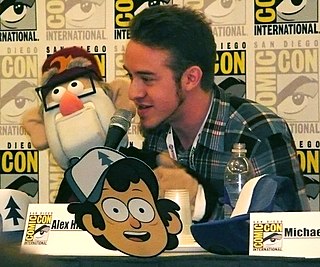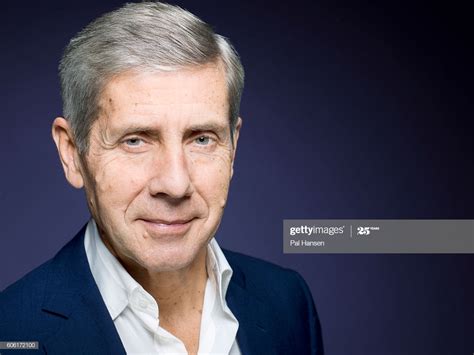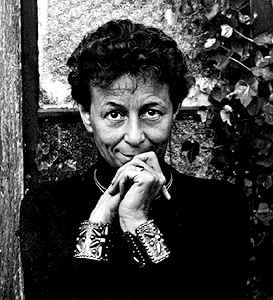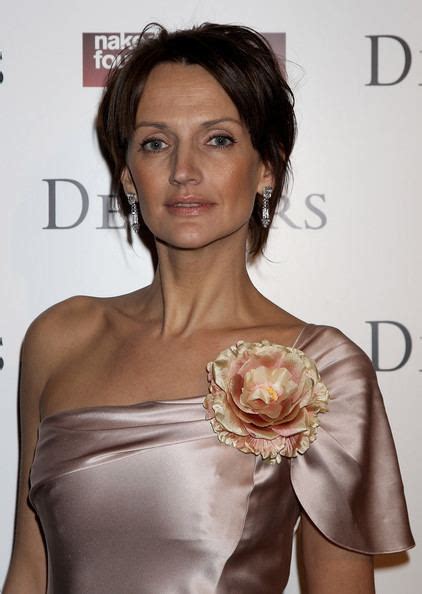A Quote by Lana Del Rey
When I was very young I was sort of floored by the fact that my mother and my father and everyone I knew was going to die one day, and myself too. I had a sort of a philosophical crisis. I couldn't believe that we were mortal.
Related Quotes
I've always been a very rebellious, philosophical person, so my mother set the foundation for my appreciation for nature and my empathy for other people. But then, being a sort of rebellious, philosophical thinker, I'm always looking for new ways to shake things up. So I feel like I'm really lucky to be alive in a time where there's so much opportunity to disrupt and shake it up. It's sort of a combination between that and having the foundation that my mother gave me.
My mother and my father had very, very strong Scots accents. We were Australian, and in those days when I was young, I spoke with a much more of an Australian accent than I have now. However I knew that if I went to England to become an actor, which I was determined to, I knew that I had to get rid of the Australian accent. We were colonials, we were Down Under somewhere, we were those little people Over There. But I was determined to become an Englishman. So I did.
When you're a father in a marriage, you sort of become the mother's assistant, and you sort of get a list from her every day, and you do, you know, you run down the list, and it feels very much like a chore. And a lot of fathers live in kind of an avoidance. They sit on the toilet for several hours a day... Oh, honey, it took me 40 minutes to go to the post office... But once you become a dad without the mom there, you have to take it all on, and you sort of activate male skills that you didn't know you could apply to fatherhood.
When my mother died, my father was in a crisis, my sister was in a crisis, everyone was in a crisis. I went round the night my mother was lying in the kitchen, and I organised everything, from the undertaker to the funeral... I looked after everybody, I sorted it all out and I've done so ever since.
My father was - actually was an Episcopal priest as a young man. Became a psychotherapist, a psychologist. My mother is Jewish, so I grew up in a mixed background. But the common denominator was certainly music, and that was sort of emphasized in my household as music being sort of the spiritual force.
So Socrates was a kind of gadfly. He was a sort of philosophical urban gorilla hanging around in the middle of Athens, asking these peculiar questions of everybody - important people, young men, slaves - questions that had to do with ultimately what's the life that's worth living. And Plato was one of the young men who hung around him, a very aristocratic young man, came from a very old, important family.

































